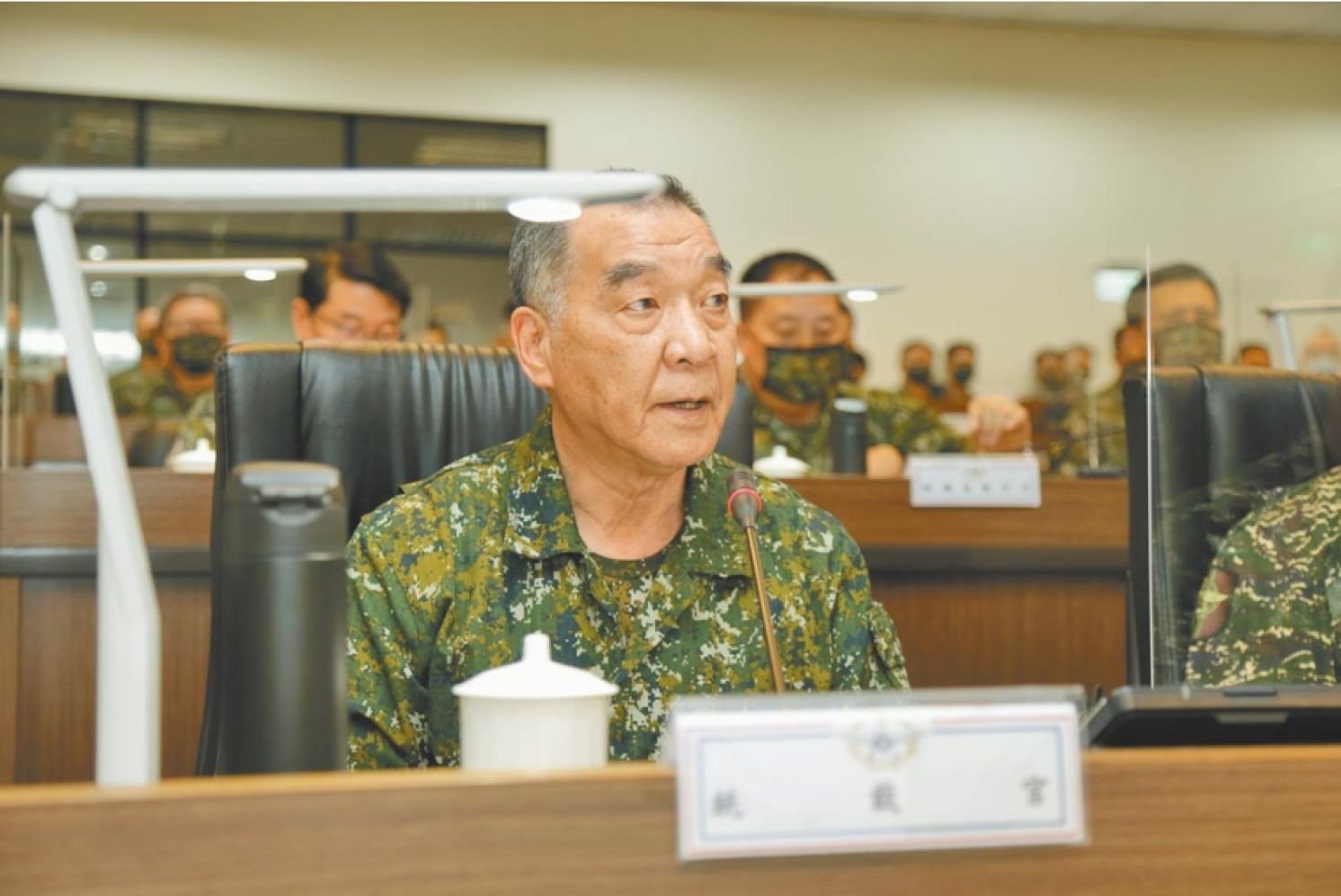
NSB: Approaching Centennial, Chinese Communist Party to Take More Assertive Stance Towards Taiwan
China Times, April 28, 2021
This year marks the 100th anniversary of the founding of the Chinese Communist Party. Mainland China has accordingly launched commemorative activities for the centennial. The National Security Bureau (NSB) of Taiwan assessed that in regards to China’s internal propaganda and external demonstrations of national self-confidence, Communist China’s attitude towards sovereignty, human rights issues, and external conflicts may become stronger with time. This may add pressures to Taiwan and neighboring countries. At the same time, it is expected that East Asian countries may use "issue-based diplomacy" to strengthen cooperation opportunities with the United States and China respectively, to reduce confrontation, and safeguard strategic interests.
Cross-Strait Peace Upgraded to Regional Issue
During a video conference with the Foreign Relations Committee, an American think tank, mainland China’s Minister of Foreign Affairs Wang Yi warned that the United States' playing the Taiwan card is playing with fire. In response, the Presidential Office Spokesperson Dun-Han Chang responded yesterday that the peace and stability of the Taiwan Strait has been elevated from cross-strait relations to a regional issue, calling on Beijing to fulfill the responsibility of a regional member. Taiwan’s position is firm and Taiwan will share the values of freedom, democracy and human rights. Countries with the similar ideologies will work together to maintain peace in the Taiwan Strait and the Indo-Pacific region.
When attending the "National High School Vocational International Knowledge Contest" yesterday, President Tsai Ing-wen stated in her speech that, when it comes to global strategy, more and more countries have strengthened exchanges and cooperation with Taiwan and regard Taiwan as an important partner for jointly maintaining regional peace and stability.
At the same time, the Ministry of National Defense has launched the war game named Hanguang 37 the day before yesterday. The duration is 8 days and 7 nights, simulating scenarios of attacks by dual aircraft carriers, J-20 stealth fighters, defender long-range rockets and Dongfeng series missiles. The National Defense University played the role as the invading troop simulating various possible actions. The JTLS computer war game system assume the role as the defending side. The result of the simulations is a fiasco of the defending side. Suppose the defense forces readjust their deployment and combat methods given the same mode of attack, the defense forces may find out the weakness of the attacker.
In response to recent developments in East Asia, the Foreign Affairs and National Defense Committee of the Legislative Yuan will also invite the NSB to make a report this Monday.
Issue-Based Diplomacy Among East Asian Nations
According to the information submitted by the NSB to the Legislative Yuan, mainland China is continuing to strengthen its diplomatic work in its surrounding areas, trying to break through the American strategy of uniting allies against China. They believe the strategic competition between the United States and China will be a "long-term" development, which will impact the political and economic order of East Asia and also affect the security situation of our surrounding areas.
The report pointed out that the results of long-term confrontation between the United States and China will affect the security situation in East Asia, leading to complex and volatile developments in regards the global and regional situation. It is expected that East Asian countries will use "issue-based diplomacy" to strengthen cooperation opportunities with the United States and China respectively to reduce confrontation and enhance the flexibility of foreign policy and safeguard strategic interests.
The report further indicates that in order to counter China's maritime policing by force, Japan and ASEAN countries neighboring the South China Sea are strengthening efforts to defend their interests, while the warships of major European powers such as Britain, Germany, and France will more actively patrol Indo-Pacific waters. The report emphasizes that increased activity among the parties may heighten risks of friction in Indo-Pacific waters, increase the probability of conflict, and impact the security and stability of waters surrounding Taiwan.
Elevated Risks of Friction in Indo-Pacific Waters
The NSB stated that China’s aggressive expansion is still a hidden worry in the region, and the mainland's assertive stance on Indo-Pacific waters such as the East China Sea, Taiwan Strait, and South China Sea, as well as human rights issues regarding Hong Kong and Xinjiang are threatening regional security. In addition, China has launched commemorative activities in regards to the 100th anniversary of the founding of the party. In regards to internal propaganda and external demonstrations of national self-confidence, the mainland’s attitude on sovereignty, human rights issues and external conflicts may become tougher, which may increase the pressure on Taiwan and neighboring countries.
From: https://www.chinatimes.com/newspapers/20210425000364-260118?chdtv